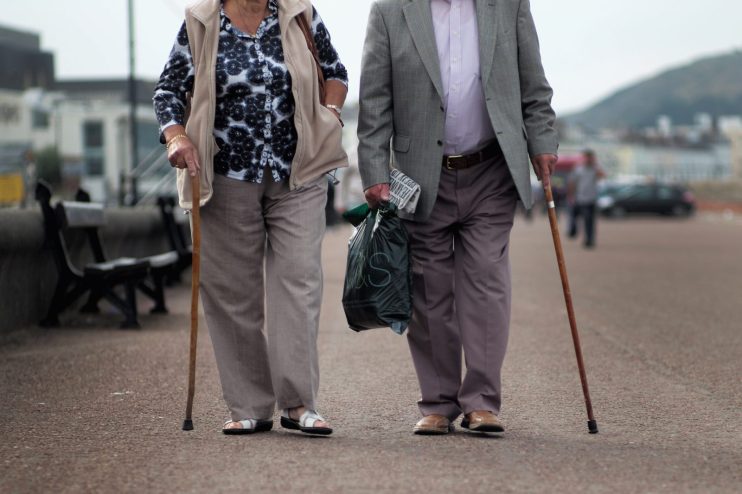Budget 2021: Pensions lifetime allowance frozen for five years

The pensions lifetime allowance will be frozen at its existing level until April 2026, in a move that effectively decreases its value when inflation is taken into account.
The Chancellor today said the lifetime allowance would remain at its current £1,073,100 for the next five years, rather than increasing in line with inflation.
The move will raise around £1bn between now and the 2025/26 tax year, and if CPI were to rise in line with official OBR forecasts, it would imply that without the policy, the lifetime allowance could increase by around £85,000 by 2025/26.
The lifetime allowance is a limit on the amount that can be drawn from pension schemes – whether in lump sums or retirement income – and can be paid without triggering a tax charge.
At its most generous the lifetime allowance stood at £1.8m in 2011/12, but was gradually reduced to £1m in 2016/17 before creeping back up to its current value.
The policy fell flat with those working in the pension sector. Aegon pensions director Steven Cameron said freezing the lifetime allowance was likely to send the wrong signals to savers.
“While [£1,073,100] may look like a large fund, it would typically buy an income for life for someone aged 65 of around £26,100 a year increasing in line with inflation before tax.
“For someone paying basic rate income tax on all of this, it equates to £1,740 a month after tax – not exactly enough to provide a lifetime of luxury.”
Peter Glancy, Scottish Widows’ head of policy, pensions and investments, described freezing the lifetime allowance as “self-defeating”.
“A freeze will put people off investing the money in these large pension pots, meaning they will have lower retirement incomes than would otherwise be the case and therefore pay less tax for decades to come,” he explained.
“We must also remember that larger pensions equal more disposable income and more spending power. This in turn becomes money in the Treasury’s pocket through VAT, greater corporation tax on the profits from successful businesses, and PAYE income tax from workers’ wages.”
Raj Mody, global head of pensions at PwC, said freezing the lifetime allowance was largely the same as actively reducing it, because of the impact of inflation.
“The freeze will impact those on defined benefit pensions as well as those on defined contribution pensions, meaning senior doctors and teachers will be caught as much as private sector middle managers,” he added.